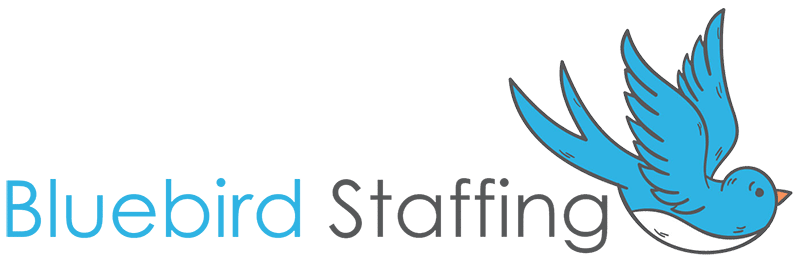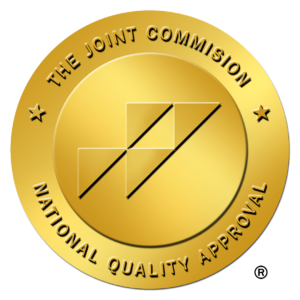In today’s complex healthcare environment, where patients often require care from multiple specialists and professionals, communicating efficiently and collaboratively is critical. Research shows a lack of communication in interdisciplinary healthcare teams increases 70% of the adverse health events reported each year. This article explores the importance of effective communication in these teams, its benefits, challenges, and strategies for improvement.
Why Communication Matters to Interdisciplinary Healthcare Teams
Interdisciplinary healthcare teams include professionals from diverse backgrounds, including doctors, nurses, pharmacists, therapists, and administrative staff. Each team member brings a unique skill set and perspective, making collaboration essential for comprehensive patient care. Effective communication ensures everyone is on the same page, leading to better clinical outcomes and patient satisfaction.
One of the key benefits of effective communication in interdisciplinary teams is improved patient safety. When team members communicate clearly and share vital information, there is a reduced risk of medical errors, misdiagnoses, and adverse events. Clear communication with patients leads to increased trust in their healthcare providers and a safer environment. Additionally, effective communication allows for the early detection of potential issues, enabling the team to address them promptly.
Importantly, efficient communication also enhances the overall quality of care. When healthcare professionals work together seamlessly, they can develop and implement comprehensive treatment plans that address all aspects of patient health. This holistic approach is crucial in chronic disease management, where patients may require multiple interventions and lifestyle modifications.
Effective communication also promotes better patient outcomes. When team members collaborate effectively, they can adjust treatment plans and interventions in real-time based on a patient’s progress. This dynamic approach to care can lead to faster recovery, reduced hospital stays, and improved quality of life for patients.
Challenges of Effective Communication in Healthcare Teams
Despite the evident advantages of effective communication in interdisciplinary healthcare teams, several challenges need to be addressed. One significant challenge is the diversity of professional backgrounds and communication styles. For example, doctors, nurses, and pharmacists may use different terminology and have varying expectations. Bridging these gaps and fostering mutual understanding is crucial.
Time constraints are another obstacle to effective communication. Healthcare professionals often work in fast-paced environments, with limited time for lengthy discussions. This environment can result in rushed or incomplete exchanges of information. Addressing this challenge may require implementing more efficient communication tools and practices, such as structured handoffs and electronic health records (EHRs).
Ways to Improve Healthcare Communication
Several strategies can improve communication in interdisciplinary healthcare teams. Firstly, the development of clear communication protocols and guidelines is essential. These protocols can specify how information should be shared, documented, and verified. Regular team meetings and huddles can also facilitate open communication, allowing team members to discuss patient cases, share updates, and seek input from colleagues.
EHRs can significantly enhance communication within interdisciplinary teams. EHRs enable real-time access to patient data, allowing all team members to stay informed about a patient’s medical history, medications, and recent test results. This access ensures everyone is on the same page and can make informed decisions.
Additionally, healthcare organizations can invest in training and education programs focusing on communication skills and teamwork. These programs can help healthcare professionals develop effective communication skills, build trust among team members, and foster a culture of collaboration.
Communication and Your Healthcare Team
Effective communication is the cornerstone of successful interdisciplinary healthcare teams. As the healthcare landscape evolves, effective communication will remain a critical component of interdisciplinary care.
Looking For New Healthcare Jobs Across The U.S.?
Bluebird Staffing is devoted to bridging gaps between healthcare organizations and qualified job candidates. Communicating with our team is the first step toward improving your life. Talk with our team today about the healthcare jobs available. We can help.



